—: A Choice (1899) :— They please me not—these solemn songs That hint of sermons covered up. 'Tis true the world should heed its wrongs, But in a poem let me sup, Not simples brewed to cure or ease Humanity's confessed disease, But the spirit-wine of a singing line, Or a dew-drop in a honey cup!
—: Life (1896) :— A crust of bread and a corner to sleep in, A minute to smile and an hour to weep in, A pint of joy to a peck of trouble, And never a laugh but the moans come double; And that is life! A crust and a corner that love makes precious, With a smile to warm and the tears to refresh us; And joy seems sweeter when cares come after, And a moan is the finest of foils for laughter; And that is life!
—: Sympathy (1899) :— I know what the caged bird feels, alas! When the sun is bright on the upland slopes; When the wind stirs soft through the springing grass And the river flows like a stream of glass When the first bird sings and the first bud opes, And the faint perfume from its chalice steals— I know what the caged bird feels! I know why the caged bird beats his wing Till its blood is red on the cruel bars; For he must fly back to his perch and cling When he fain would be on the bough a-swing; And a pain still throbs in the old, old scars And the pulse again with a keener sting— I know why he beats his wing! I know why the caged bird sings, ah me, When his wing is bruised and his bosom sore, When he beats his bars and would be free; It is not a carol of joy or glee, But a prayer he sends from his heart's deep core, But a plea that upward to Heaven he flings— I know why the caged bird sings!
—: The Master-Player (1896) :— An old worn harp that had been played Till all its strings were loose and frayed, Joy, Hate and Fear, each one essayed, To play. But each in turn had found No sweet responsiveness of sound. Then Love the Master-Player came With heaving breast and eyes aflame; The harp he took all undismayed, Smote on its strings, still strange to song, And brought forth music sweet and strong.
—: The Sparrow (1896) :— A little bird, with plumage brown, Beside my window flutters down, A moment chirps its little strain, Ten taps upon my window-pane, And chirps again, and hops along, To call my notice to its song; But I work on, nor heed its lay, Till, in neglect, it flies away. So birds of peace and hope and love Come fluttering earthward from above, To settle on life's window-sills, And ease our load of earthly ills; But we, in traffic's rush and din Too deep engaged to let them in, With deadened heart and sense plod on, Nor know our loss till they are gone.
—: Silence (1903) :— 'Tis better to sit here beside the sea, Here on the spray-kissed beach, In silence, that between such friends as we Is full of deepest speech.
“Paul Laurence Dunbar (1872-1906). Born, Dayton, Ohio. Educated in public schools, and graduated from Dayton High School, where he achieved some distinction. Editor of school paper, and noted as a versifier, from his grammar-school days.” Composed his first poem at age 6, gave his first public recital at age 9, and published his first poems in The Herald, a Dayton newspaper, at age 16. Dunbar would go on to become one of the first African American writers to gain international fame in the late-1800s.
“Printed his first book, Oak and Ivy, in 1893. Two friends of his early life helped most to shape his career, and to encourage him in his days of struggle—Dr. H. A. Tobey, the celebrated alienist of Toledo, Ohio, and Frederick Douglass. The former helped him to bring his second book, Majors and Minors, before the public; the latter, with whom he was associated in the Negro Building at the World's Fair in Chicago in 1893, was the hero of the poet's dreams, the one to whom he dedicated two of his most serious poems.”
“The famous criticism of Majors and Minors by William Dean Howells in Harper's Weekly, in 1897 established Dunbar's prestige as an important figure in American literature. From that time his success was assured .” (his wife, poet and writer Alice Dunbar Nelson, in Caroling Dusk, 1927) Though he died young, Dunbar was prolific, publishing a dozen books of poetry, four books of short-stories, four novels, and a play. He also wrote the lyrics for the first all-African-American Broadway production, In Dahomey (1903).
—: After Paul Laurence Dunbar :— by Dick Whyte limbs sliced & diced by time entrusted to the river, makers of words we are the way the world remembers
Forgotten Poets Presents:
Forgotten Poems, a living anthology of obscure and out-of-print poetry from the late-1800s and early-1900s. Explore the archives:
More African American poetry . . .
Joseph S. Cotter, Jr. - 5 Very Short Poems (1918)
—: Play On Your Harp :— (excerpt) A seething world is gone stark mad; And is drunk with the blood, Gorged with the flesh, Blinded with the ashes Of her millions of dead. From out it all and over all There stands, years old and fully grown, A monster…
More from the Book of Lost Rhymes . . .
Gwendolyn B. Bennett - 6 Short Poems (1923-26)
—: Quatrain :— How strange that grass should sing— Grass is so still a thing . . . And strange the swift surprise of snow,— So soft it falls and slow...
Georgia Douglas Johnson - 7 Short Poems (1918-1928)
—: The Heart of a Woman (1918) :— The heart of a woman goes forth with the dawn, As a lone bird, soft winging, so restlessly on, Afar o'er life's turrets and vales does it roam In the wake of those echoes the heart calls home...
More poems about laughter . . .
Margie-Lee Runbeck - 4 Short Poems (1921-26)
“Learning is rebellion… Every bit of new truth discovered is revolutionary to what was believed before...
Angelina Weld Grimke - 5 Short Poems (1923-1927)
—: I Weep :— Not as the young, pleasurably, Not as the aged, mistily, But quietly,— Drop by drop The great tears splash upon my hands, And save you saw their shrine, You would not know I wept...
Edward Davis - 3 Short Poems (1917)
—: Anniversary :— If years are but the rhythm of the world, This day shall be the marking of the stress; And just as poets joy in some delightful beat, We, too, shall find in each recurrent year, A cadence freshening to our souls...
More poems about friendship . . .
Anne Spencer - 5 Short Poems (1920-1975)
—: Dunbar (1920) :— Ah, how poets sing and die! Make one song and heaven takes it: Have one heart and beauty breaks it: Chatterton, Shelly, Keats, and I— Ah, how poets sing and die!..


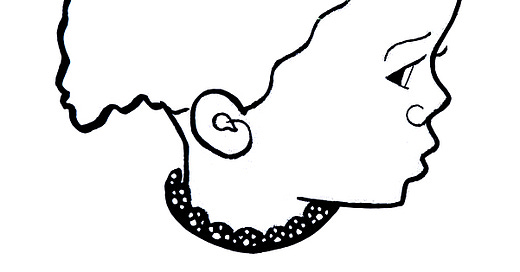






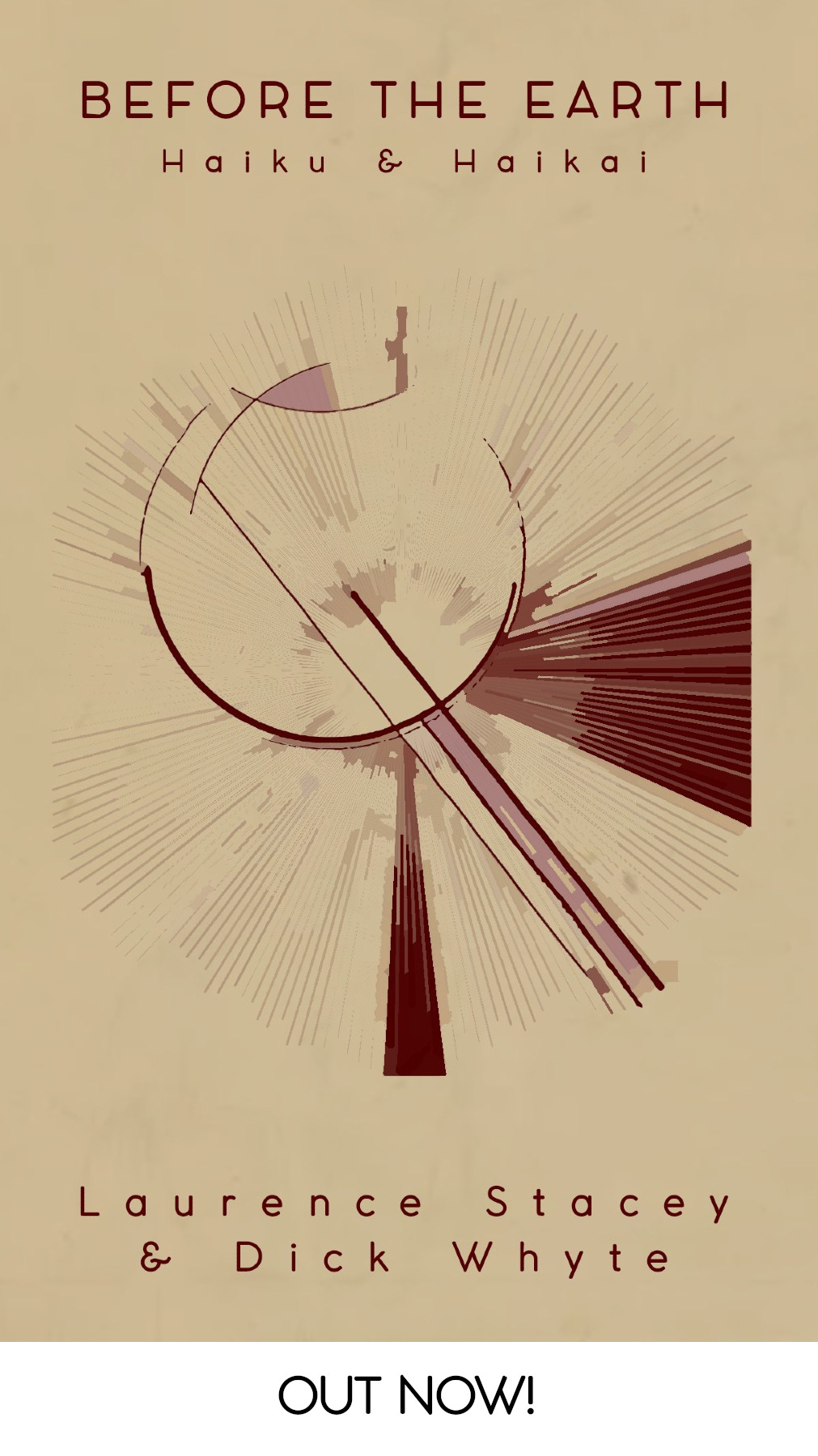
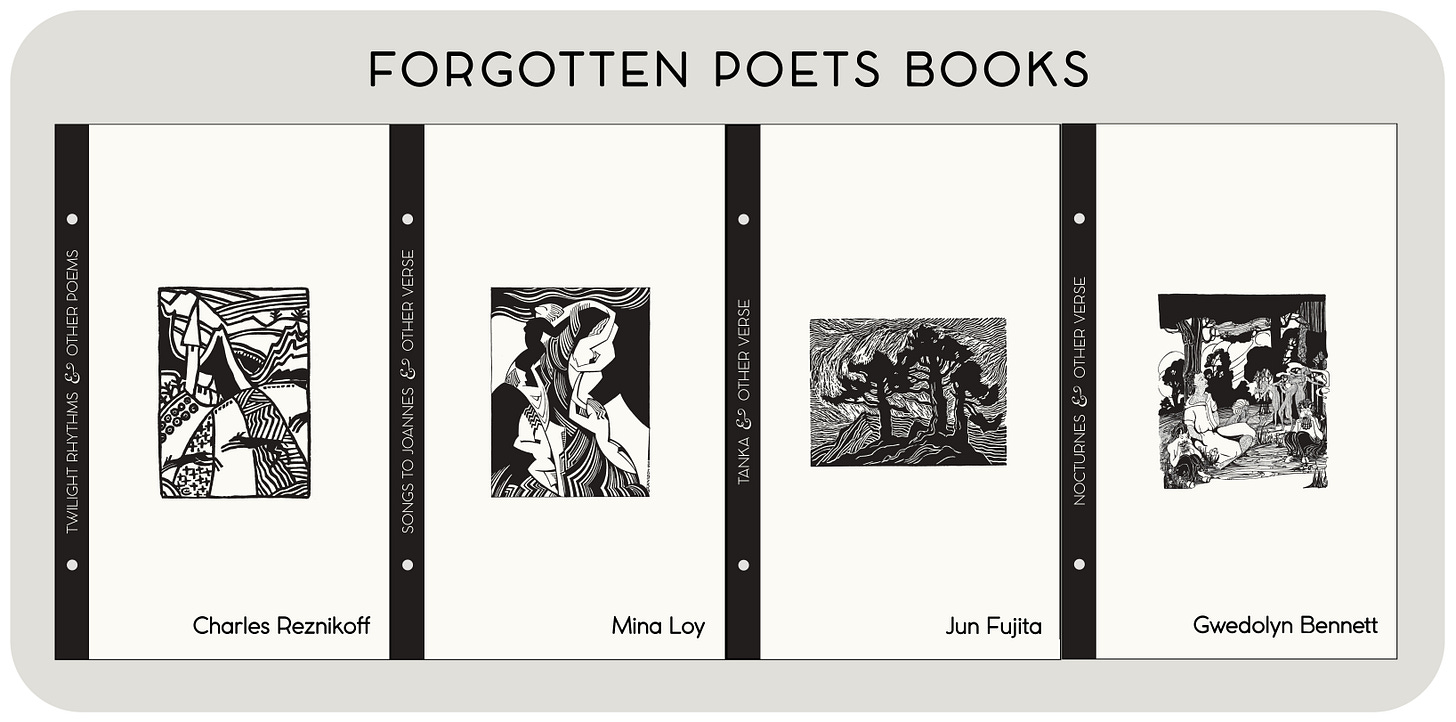

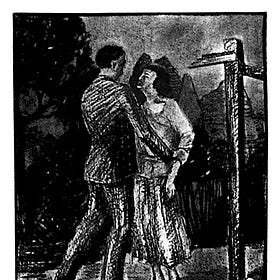
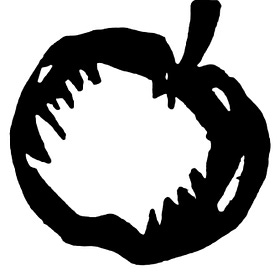




His poems are captivating, and I love your tribute to him.
I’ve loved “Sympathy” ever since reading Maya Angelou’s autobiography, and wow, what loveliness lies in these other poems. “Silence” especially. It warms my heart to hear how he started so young, just like my little son did. Six-year-olds have very big hearts and very clear poetic thoughts about things. Thank you Dick! 💛